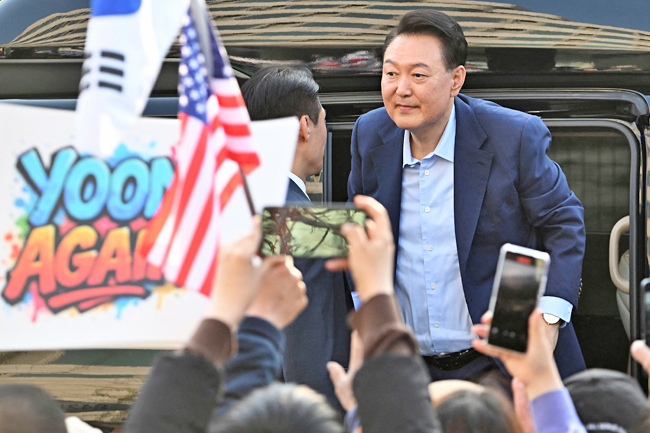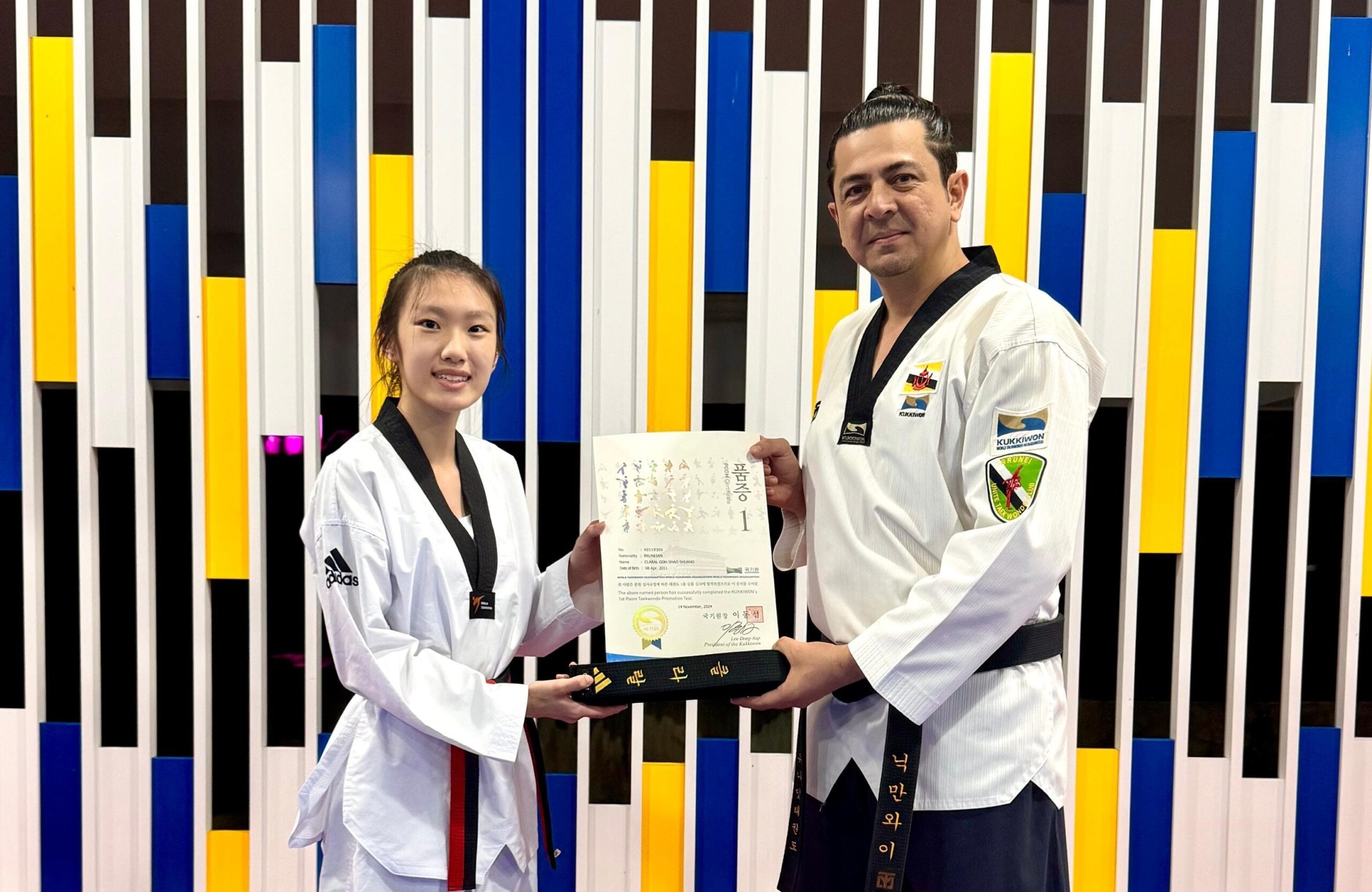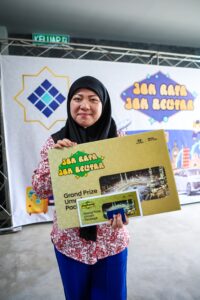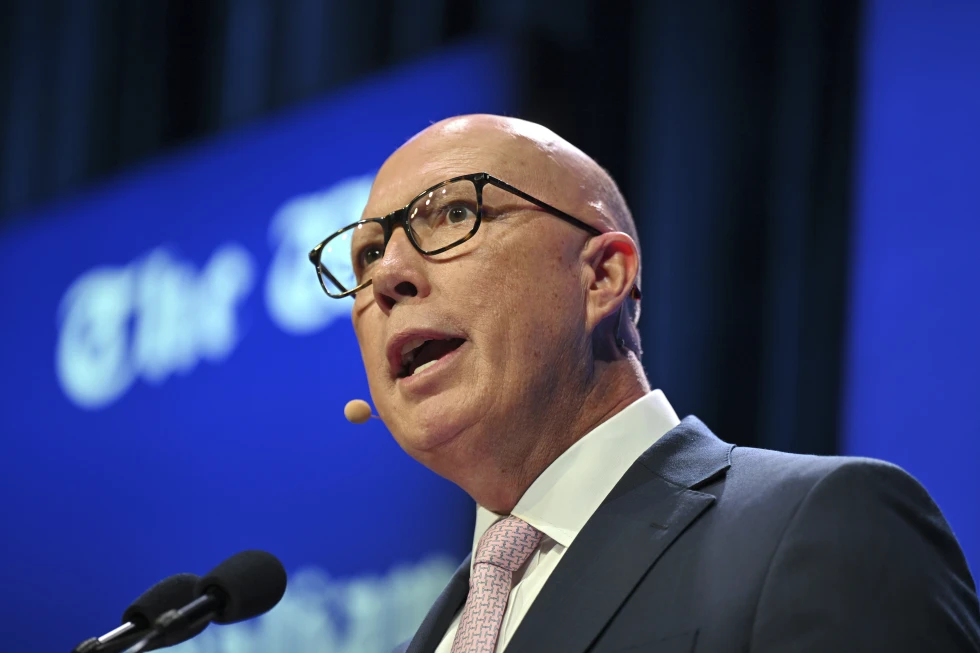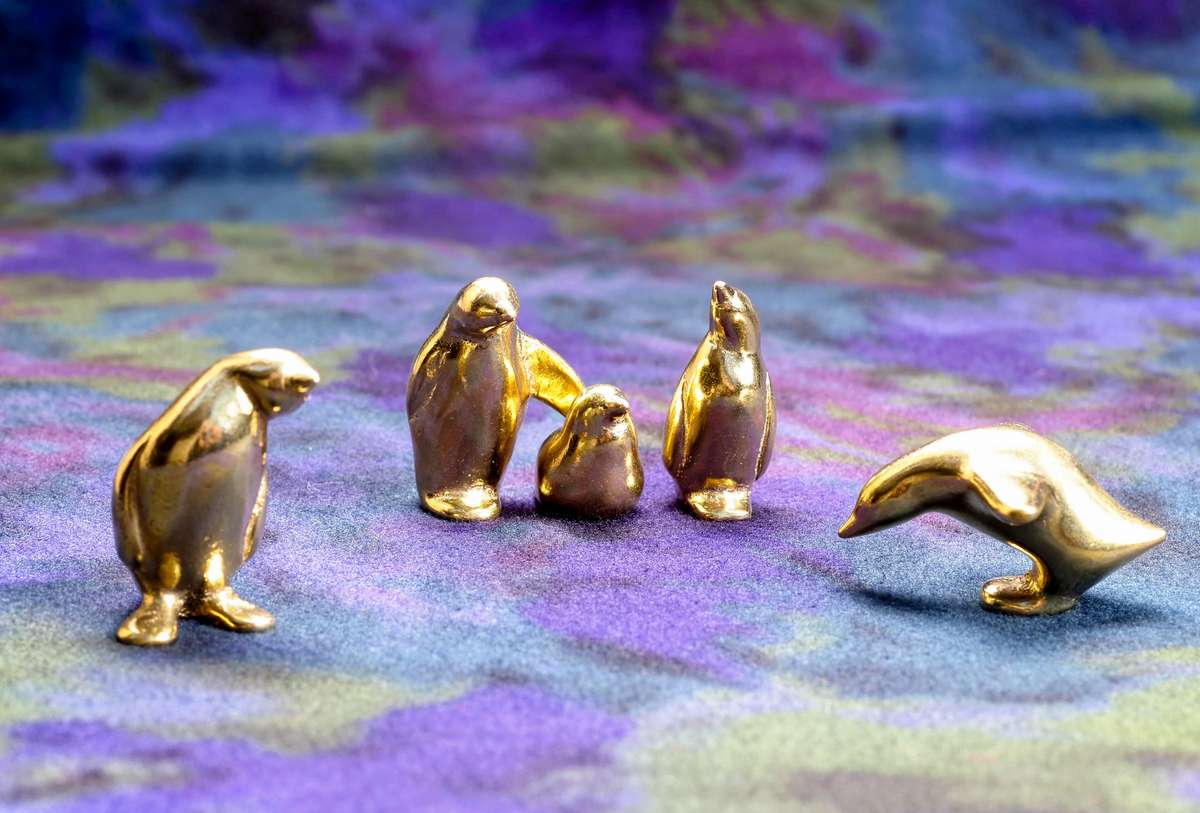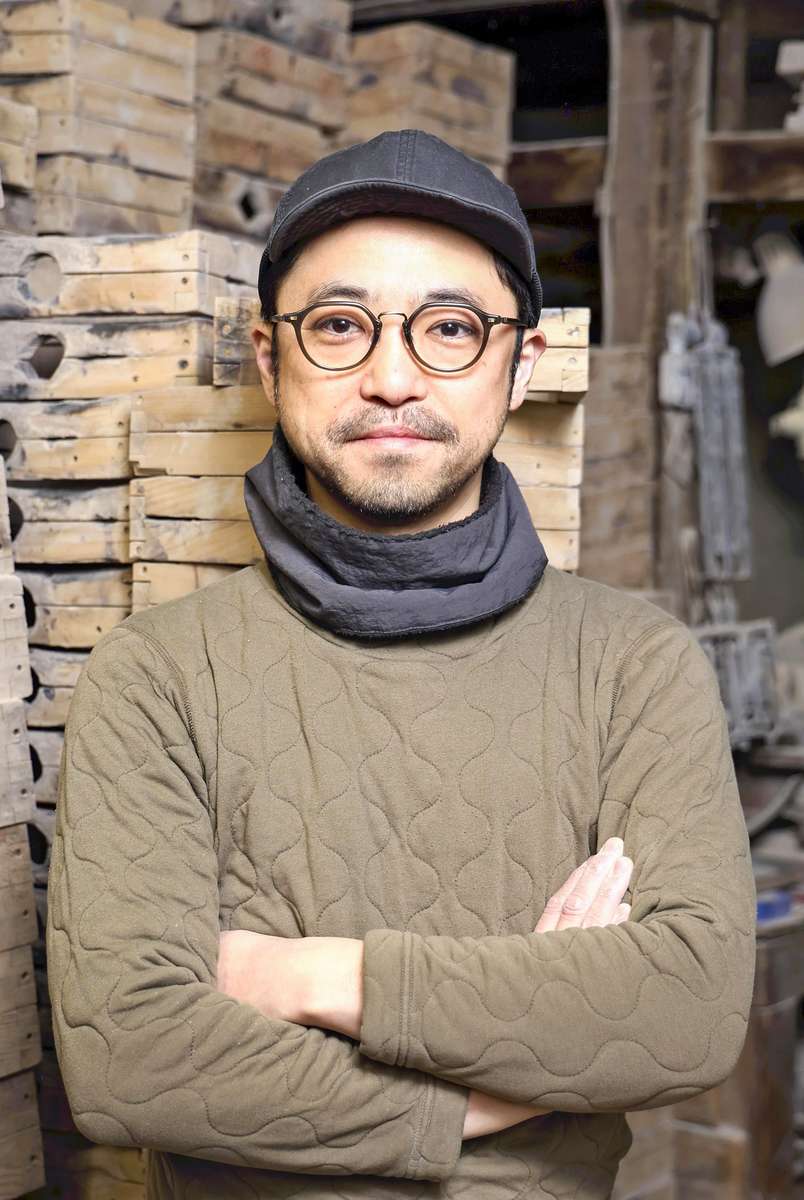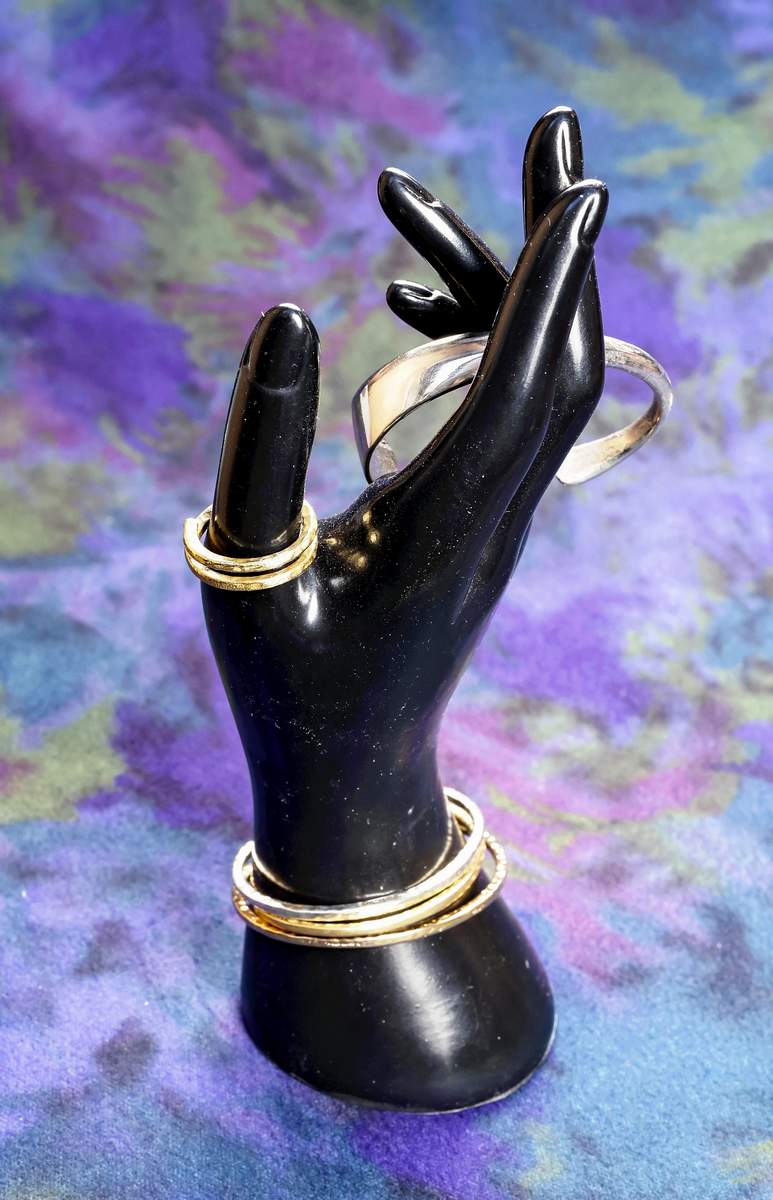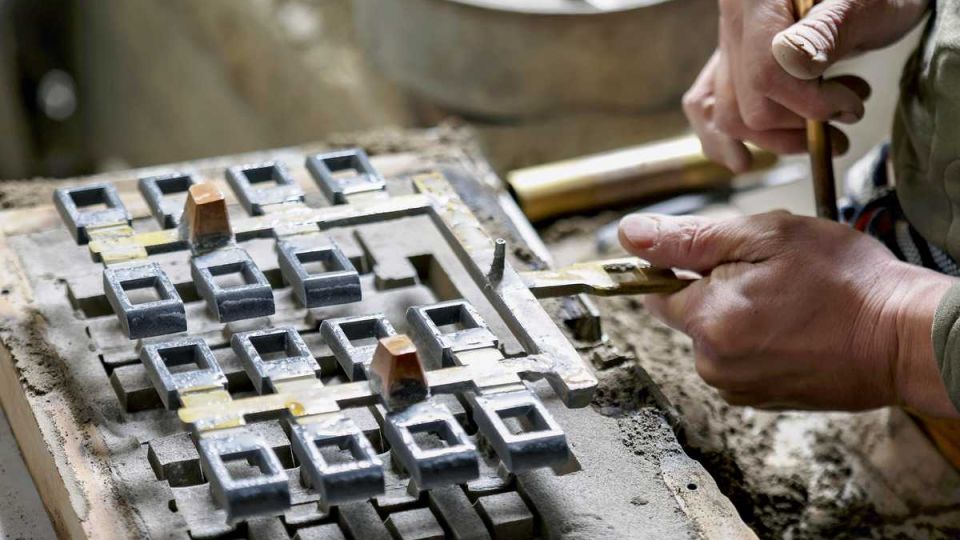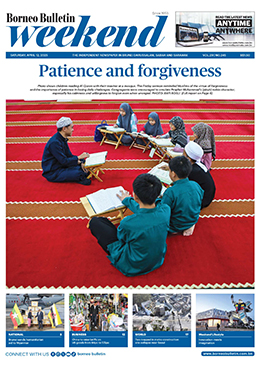The issue of sustainability, particularly in reducing plastic waste, remains an ongoing and complex challenge.
Despite continuous discussions and numerous strategies proposed, plastic waste persists as a significant environmental concern. Sustainability researchers argue that plastic pollution is fundamentally a human-driven problem, necessitating a human-driven solution.
One promising approach to tackling plastic waste lies in understanding and influencing human behaviour – a perspective explored in a recent op-ed by Programme Director for the Sustainable Consumption and Production Area at the Institute for Global Environmental Strategies (IGES) Atsushi Watanabe and Research Associate at the Regional Knowledge Centre for Marine Plastic Debris at the Economic Research Institute for ASEAN and East Asia (ERIA) Celine Kusnadi.
In their piece, Breaking the Plastic Habit: Why Net Zero Must Start with Behavioural Change, Watanabe and Kusnadi argue that achieving net-zero plastic waste requires a fundamental shift in how people perceive and interact with plastic.
“Southeast Asia is no stranger to the plastic crisis. Despite growing awareness and countless ‘reduce, reuse, recycle’ campaigns, single-use plastic consumption remains stubbornly high. Why? Because plastic pollution is not just a waste management issue – it is a behavioural one.”
At the core of this argument is behavioural science, an interdisciplinary field that integrates psychology, economics, and social sciences to better understand decision-making.
Recognising this, behavioural science offers a powerful set of tools to drive sustainable choices – leveraging financial incentives, visual prompts, and social influence to make reducing plastic use easier and more rewarding.
The researchers highlight this approach as a cornerstone of an innovative initiative spearheaded by the Regional Knowledge Centre for Marine Plastic Debris (RKC-MPD) at ERIA.
In partnership with the Institute for Global Environmental Strategies (IGES) and Rare’s Centre for Behaviour and the Environment, the programme tested behavioural interventions across four ASEAN countries – delivering tangible, measurable results.
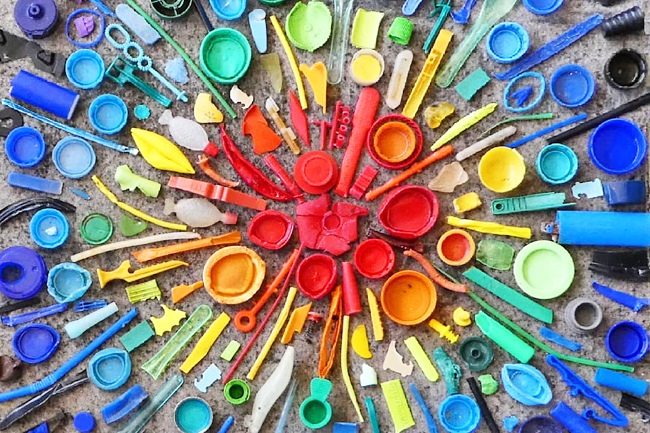
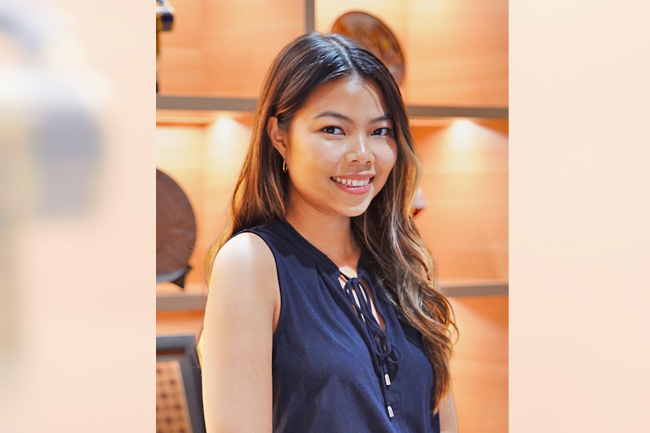
A pilot project at the University of Indonesia, led by the Centre for Southeast Asian Studies (CSEAS), aimed to cut plastic waste by adjusting defaults in campus canteens.
At a traditional canteen, plastic straws were hidden and cost IDR2,000, slashing usage by 99 per cent (from IDR6,825 to IDR74 per month).
Meanwhile, a coffee chain offered a 10 per cent discount for reusable tumblers, reducing cup use by 49 per cent. The stark difference revealed a key insight: requiring effort to opt in is less effective than making sustainable choices the default.
“This demonstrates how even well-intentioned incentives can fall short when they do not align with real-world habits and cognitive shortcuts,” the researchers added.
In the Philippines, the University of the Philippines Diliman revamped vending practices to cut plastic waste, introducing compostable packaging, refill stations and PHP5 discounts for reusable containers.
This led to a 43 per cent drop in single-use plastics among vendors, but only 6.5 per cent of students consistently brought their own containers, suggesting the incentive was too weak to change habits.
“The findings also underscore the importance of high-quality, functional alternatives – some students reported issues with flimsy compostables, especially with soups and cold drinks.”.
This reality was made even clearer in Bangkok, where two flea markets offered a natural comparison of plastic reduction efforts.
At Chulalongkorn University Flea Market, the Chula Zero Waste initiative combined a THB2 bag fee with free totes, emotional appeals and social cues like posters and mascots, cutting plastic bag use by 94 per cent.
Meanwhile, Samyan Market, which only introduced a fee, saw just a 6.7 per cent drop. The stark contrast shows that financial nudges alone are insufficient.
“This comparison highlights that behavioural nudges – whether financial, emotional, or social – must work in concert with social systems and institutional infrastructure and be deeply embedded in the environments and communities they seek to change.”
In Vietnam, a pilot by the Southern Institute of Ecology showed that behavioural change is gradual, especially among youth.
In Ho Chi Minh City, students at Thanh Loc and Hiep Binh high schools tackled plastic waste through peer-led initiatives like waste audits, contests, and recycling facility visits.
While plastic waste dropped by 4.8 per cent and 12.4 per cent, the real impact was increased student participation and leadership.
Though knowledge levels stayed stable, emotional engagement and public commitments fostered peer accountability, highlighting that long-term change requires more than awareness – it thrives on shared responsibility and community-driven action.
Across ASEAN, these initiatives highlight a crucial insight: achieving net-zero plastic waste hinges on reshaping everyday behaviour and consumption patterns. Lasting change requires more than just policy shifts or technological solutions – it must be woven into the fabric of daily life.
To be effective, behavioural change must be systematically integrated into policymaking, education, urban planning, product design, and waste management.
However, isolated efforts are not enough. Meaningful progress depends on collaboration among policymakers, researchers, businesses, and communities to bridge knowledge gaps, scale successful solutions, and align incentives.
“By connecting insights across disciplines and sectors, we can design environments where plastic-free choices become easier, more visible, and socially supported.
“If Southeast Asia and the world truly want to break free from plastic dependence, we must make behavioural insights as central to policy design as regulations and technology.” – Wardi Wasil

